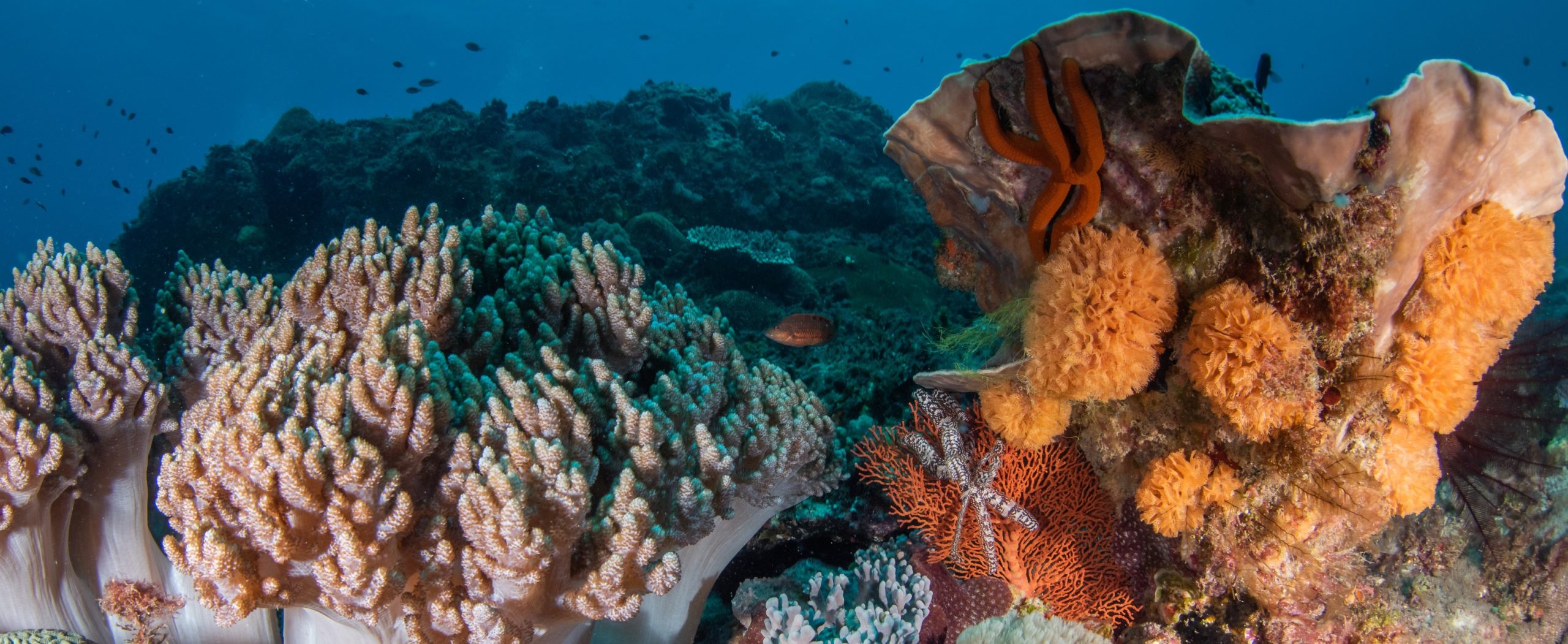Tropical reefs and the fish relying on them are under increasing pressure. Shallow-reef fish provide important ecological information in addition to sustaining fisheries, tourism and more. Although empirical metrics of fish biomass are widely used in fisheries management, metrics of biomass production—how much new biomass is produced over time—are rarely estimated even though such production informs potential fisheries yields. Here we estimate fish standing biomass (B), biomass production (P, the rate of biomass accumulation) and biomass turnover (P/B ratio, the rate of biomass replacement) for 1,979 tropical reef sites spanning 39 tropical countries. On the basis of fish standing biomass and biomass turnover, we propose a conceptual framework that splits reefs into three classes to visualize ecological and socio-economic risk and help guide spatial management interventions (for example, marine protected areas) to optimize returns on conservation efforts. At large scales, high turnover was associated with high human pressure and low primary productivity, whereas high biomass was associated with low human pressure and high primary productivity. Going beyond standing fish biomass to consider dynamic ecological processes can better guide regional coral reef conservation and sustainable fisheries management.
